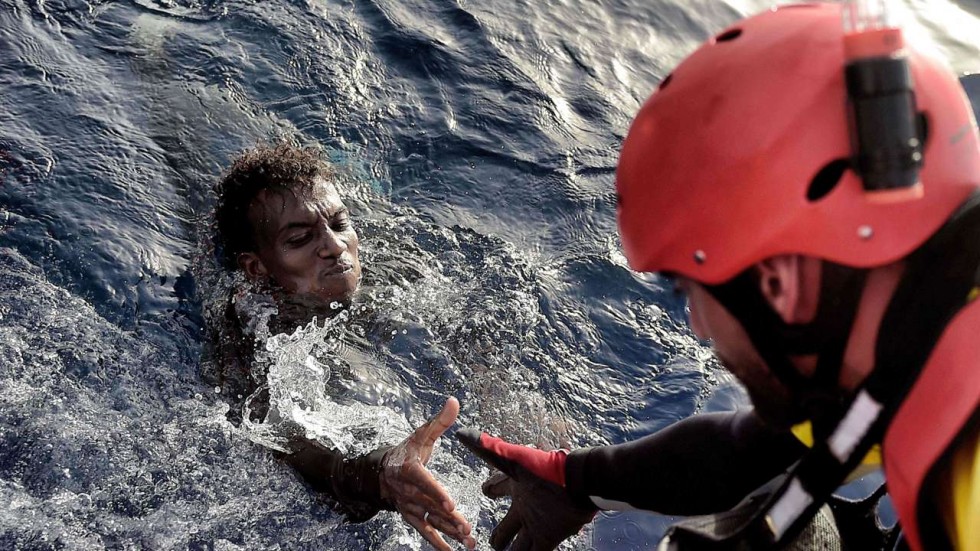This is Part II (apologies, but sequels never live up to the original thing). If you have no idea what I am talking about, please read the previous blog for an explanation. If after that you still have no idea, join the club.
- Ask Angola. Repeat after me: You’re not poor, we’re not rich. You’re not poor, we’re not rich. You’re not poor, we’re not rich. What to do about the (self-fulfilling) belief that certain nations are rich and should therefore fund international aid while others are too poor to worry about crises beyond their borders? Perhaps so-called poor nations should take note of poor people, who routinely prove themselves extraordinarily generous when crisis strikes. Leaving aside all the questions of economic self-interest and geo-political soft power, why did one group of nations evolve with the belief that it should take care of others who are far away? It is a good question, and I suspect the answers lie as wrapped up in our superiority complex, graduate student surplus, “white man’s burden” and (neo) colonial guilt as they do in generosity or compassion. The better question is why places like Ireland or Portugal have foreign aid budgets while places like Angola and Uzbekistan do not. I say, every time there is an emergency somewhere, let’s go to the Angolan government and ask them to fund humanitarian operations. Let’s keep doing it until they take some of that oil money and put it into a foreign aid budget.
- Yes/No vote. An NGO finishes a year of working in a community on a project. The NGO writes a progress report to the donor. (See Translate It, in Part I). The donor offers another year of funding. And then comes then comes the opening of the seventh seal. Not so fast! Accountability (power) to the people. Not some complicated mechanism of consultation – who has time for that? How about a simple yes/no vote? A bit brutal, but then referendums and self-determination do not have to be pretty. Majority decision. Yes and the NGO gets the money. No, and another organization gets a chance to do a better job. (Or, better yet, the community gets the money and they can hire themselves an NGO, but that was somebody elses idea.).
- The smiley face / frowny face vote button thingamajig. Want customer feedback? Are you ready to admit that placing suggestion boxes in an IDP camp full of peasant IDPs may not be the most effective way to seek out customer feedback (and, judging from the emptiness of those boxes, may actually be designed to fill a different box, the one you tick so your donor will be satisfied that feedback mechanisms have been put in place)? How about one of these?
![]()
And my best (a relative term, to be sure) idea? Perhaps it is this one:
- Corruption-buster. At the Design Theory workshop, the facilitators covered the walls with the stories of actual aid recipients, prompting our empathy. I was struck by how many of these stories contained complaints of corruption. Poverty wears you down. Injustice eats you alive. The one that boiled my blood was this story of humiliation, as aid agency staff forced refugees to sign receipts for $20, when in fact they were given only $2. You see? So on my side I will be forced to accept. So you are ripped off in front of your eyes and there is nothing you can do about it. These are things that are happening. The aid workers forge numbers. I was not born a refugee, I have to come out of this kind of life.
Take a place like New Orleans, where nothing works. Take any city where nothing works. What is the one exception to this golden rule of incompetence and inefficiency? Ticketing for parking violations. That works. That always works. Spend two extra minutes in the shop and there it is, fluttering under your wiper blade. Those parking meter bastards work harder than any ten civil servants because they aren’t civil servants, they work for private companies that collect a percentage of the fines collected, and each of those bastards gets to smile at the ka-ching of personal gain every time he or she slips a ticket under the wiper. So why not do the same in the aid world? Forget some sort of hyper-bureaucratized ombudsmanship. We need unannounced visits of a private firm that is paid nothing. They get a cut (20%?) of any corruption uncovered. Ditto for fat rewards for any refugees whose tip leads to a bust.
So, are you now feeling ready to ideate?
